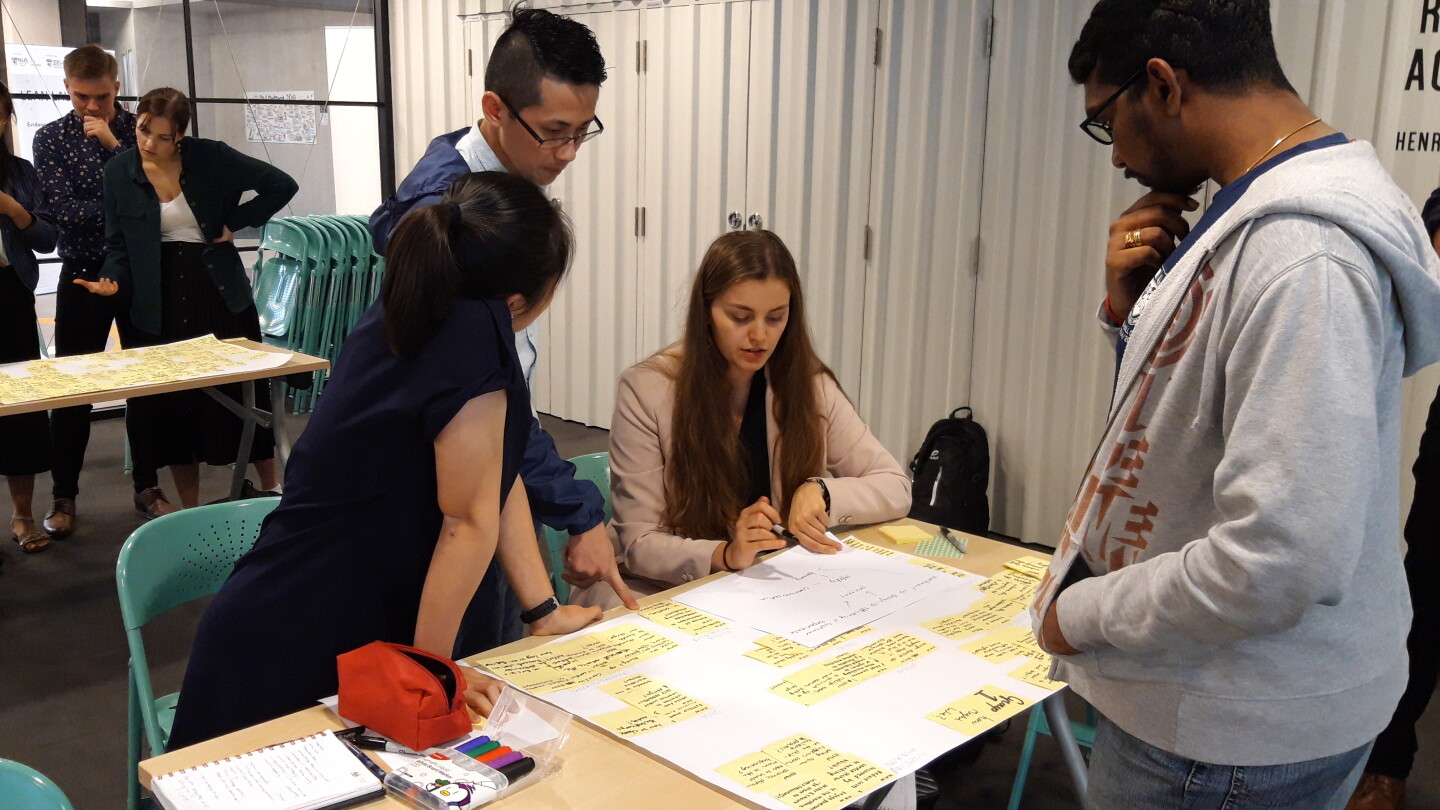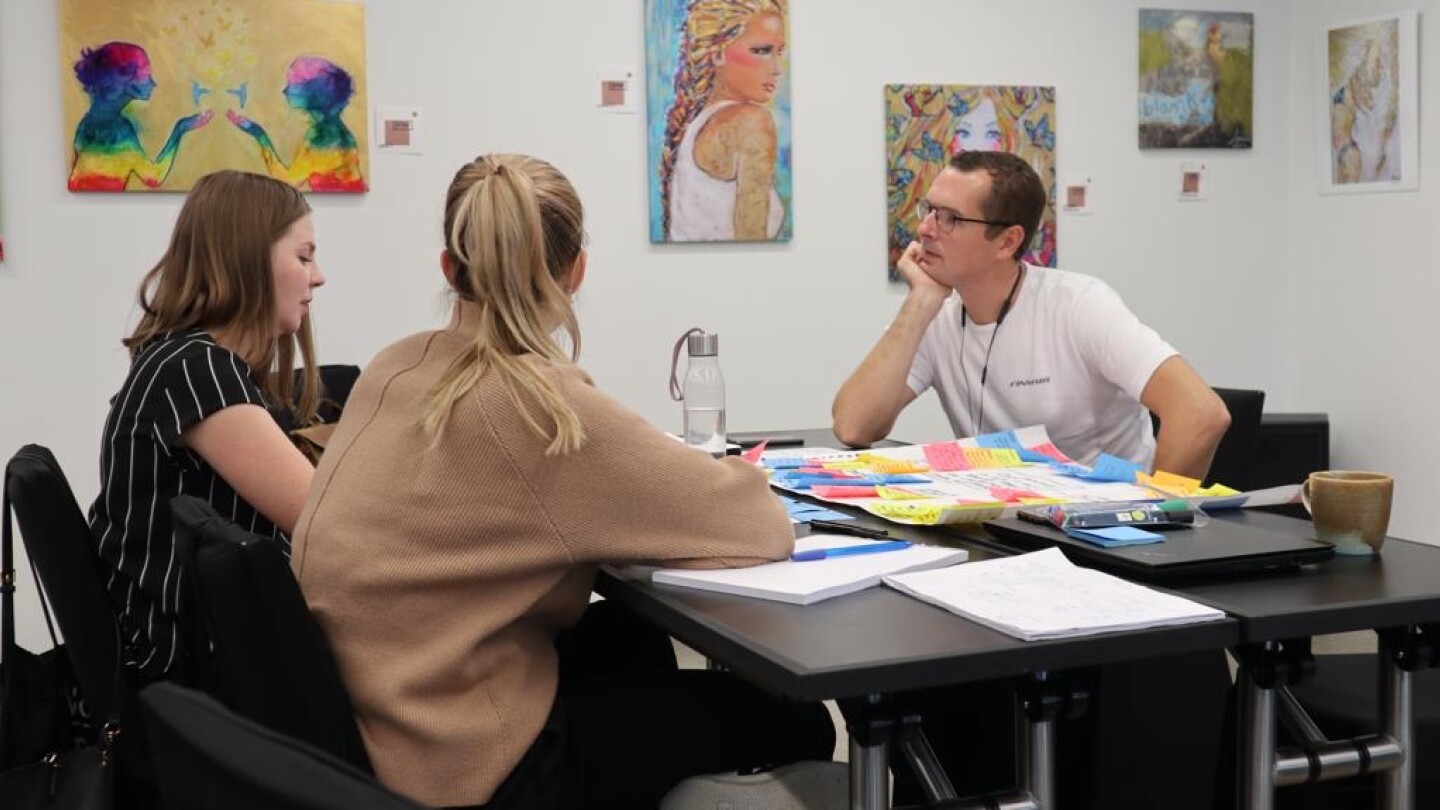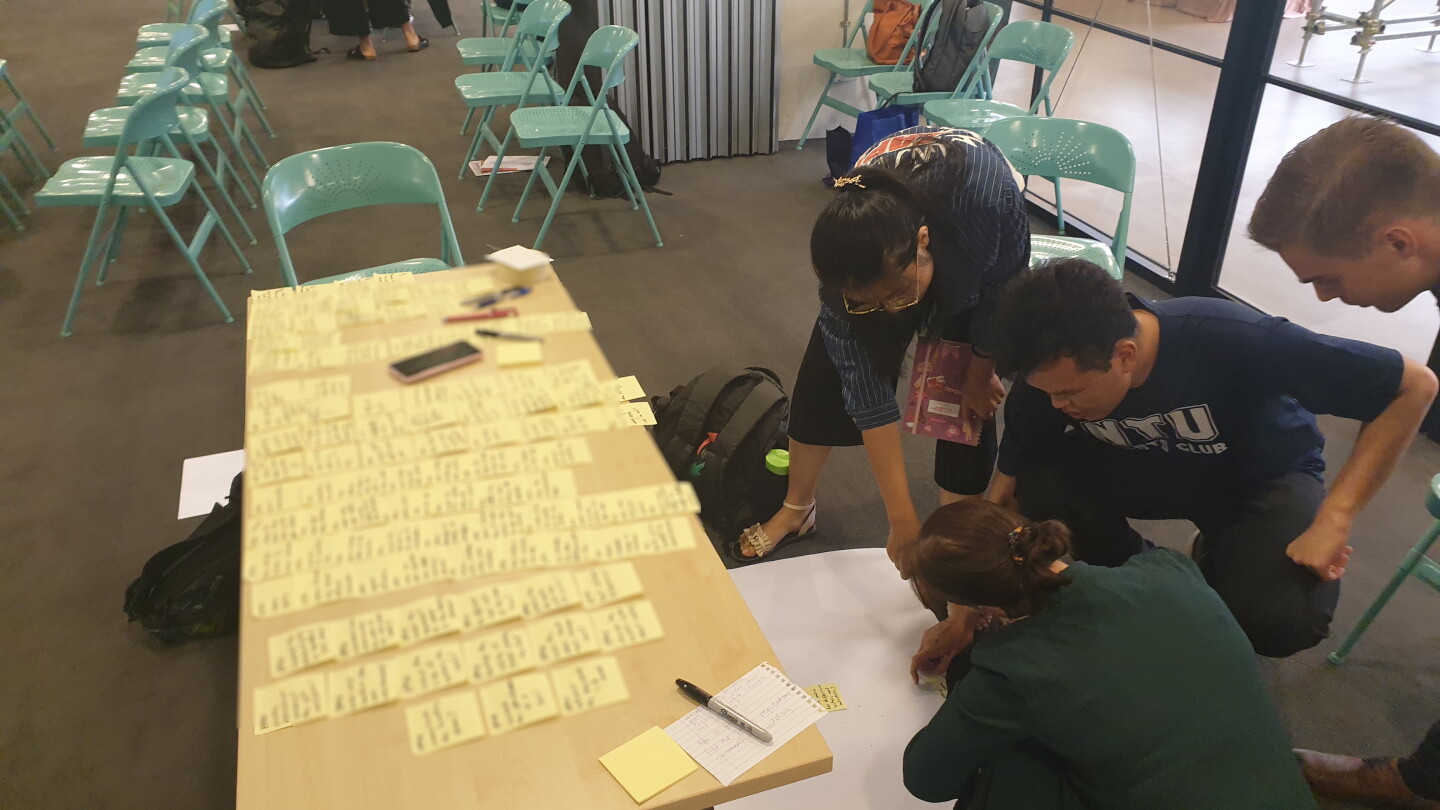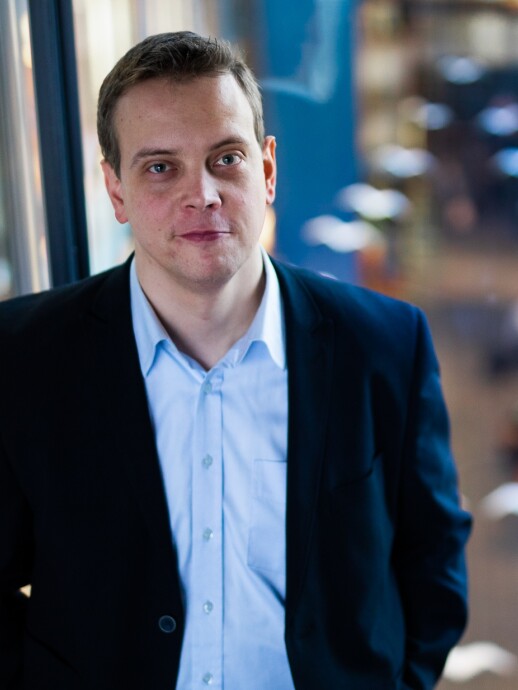Business Innovation Camp is a rapid, engaging innovation and university collaboration process for companies. It's a university-facilitated process where companies set a challenge for student teams to solve and introduce new thinking.

Combining dialogue with fresh minds moves business forward
The innovation camp combines student teams to face real-world challenges represented by case companies via a series of innovation sessions. The camp’s goal is to reduce the uncertainty in bringing a new product/service/feature to the market. Teams with curious and motivated mindsets without constraints of experienced professionals bring out novel approaches.

Take the complex but promising topics to us
Starting from 2015, Turku School of Economics has arranged innovation camps ca. 2-4 times per year. Since 2018 we've also had international innovation camps.
Learn more about some of our previous camps and topics:
- MacGregor 2018 with PSA (in Singapore) – how to ease stevevdore’s work onboard a ship?
- IBM 2019 with Finnair (in Boston) – how to make airline kitchen services more sustainable?
- Roche 2019 with Turku University Hospital - how to develop networking between researchers and clinicians related to cancer?
- MacGregor 2020 with China Navigation and Jurong Port (in Singapore) – how to improve break bulk efficiency?
- Valmet Automotive 2020 (online) – how to improve procurement analytics processes?
- Finnpilot & PSA Marine (Finland-Singapore innovation camp in Finland) - how to improve pilotage operations?
- FINMEXINNO 2023 (Finland-Mexico Innovation Camp in Mexico with EGADE business school and industry partners) - how to change habits to combat obesity?
- FINMEXINNO 2024 (Finland-Mexico Innovation Camp in Finland) - how to promote sustainably healthy habits?


